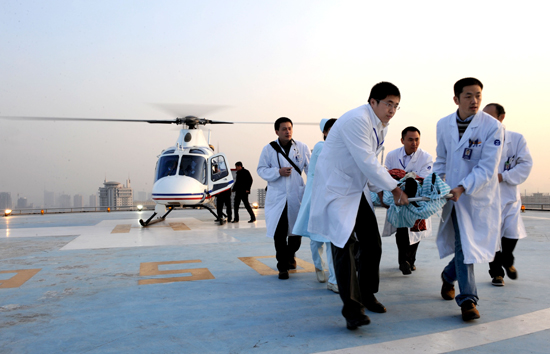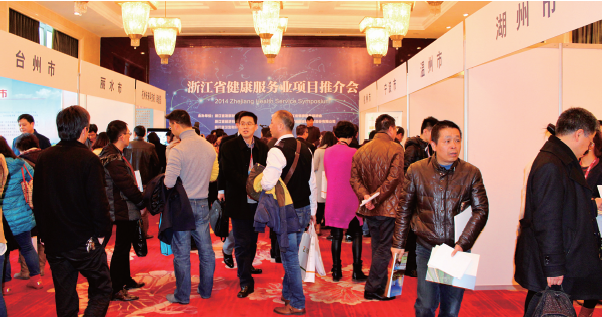Medical Services and Healthcare in Zhejiang province


Zhejiang Health Service Symposium
By the end of 2015, Zhejiang province had some 31,000 healthcare institutions, and was home to 157,000 medical practitioners, 159,000 registered nurses and 238,000 beds.
The average life expectancy in the province is 77.87 years old. In 2014, the Zhejiang government issued the “Suggestions on Accelerating the Development of the Healthcare Industry”, which allows private capital to be invested in hospitals and supportive industries such as commercial healthcare insurance, elderly care, healthcare with traditional Chinese medicine, health management, health information, and health tourism and culture.
Zhejiang will carry out reforms in policies regarding medical service pricing, medical insurance settlement and payment, fiscal support in medicine while overhauling its regulation system to oversee medical service providers and enhance hospitals operation and management system. The province keeps deepening its overall reform in state-run hospitals and has been the first in China to roll out the reform in every state-run hospital.
The province continues to introduce advanced medical resources to less developed areas, and now has 47 county and city level hospitals have been co-run with the private sector to meet every day medical needs effectively.
As a part of pilot programs, patients are encouraged to seek medical help at local medical bodies before being referred to upper level hospitals. A total of 95 percent of village clinics have followed the national regulation of medicine management. Furthermore, hospitals have been purchasing medical equipment through public bidding online, which has saved patients some 350 million yuan. Breakthroughs have been made in technology innovation, such as the research in curing severe liver disease, which won first prize at the National Science and Technologies Progress Awards.

 Print
Print Mail
Mail
 20 Cultural Symbols
20 Cultural Symbols Why Zhejiang
Why Zhejiang Experiencing high-tech products at WIC
Experiencing high-tech products at WIC Zhejiang Release
Zhejiang Release Zhejiang News
Zhejiang News